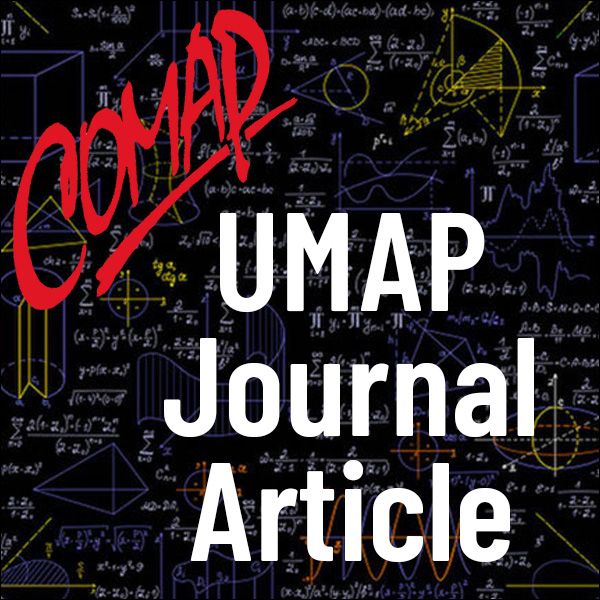Googling Markov
Author: Timothy P. Chartier
To Begin Our Session
Have a question? Looking for an old friend? Need a reference for a paper? A popular and often effective form of information acquisition is submitting queries to Google.com. In fact, in the past second (on average) more than 3,000 searches were conducted on Google, which supplies results to AOL, Yahoo, Netscape and Earthlink [Nielsen//NetRatings 2006].
Google's success is partially reflected in how the very term "Google" has permeated language. "Google" can be used most naturally as a noun (although often seeming to take on the persona of a knowledgeable friend) as someone "visits Google" or relates to someone else aWeb page that "Google returned." Yet,Web surfers also mention "googling" a word or advise someone to "google" a query. The infusion of the word "google" into the English language predates the company's recent stock-market success which has further cemented Google as an influential component of today's culture. It is interesting to note that "google" is a play on the word "googol," the number 10100, and the name reflects the company's goal of organizing the massive amount of information on the World WideWeb (WWW) [Google 2006].
Suppose that we submit the query mathematics to Google. In the spring of 2006, Google returned the following pages (plus thousands more) in order (preceded by a "sponsored" link that we ignore):

Mathematics Topics:
Application Areas:
You must have a Full Membership to download this resource.
If you're already a member, login here.